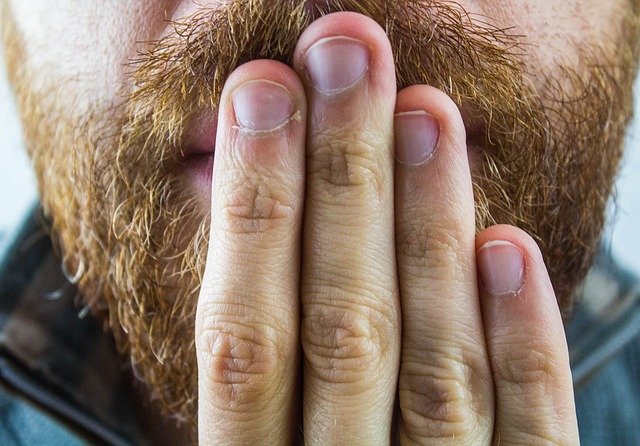Hiccups are involuntary contractions that occur in the diaphragm.
The scientific word for hiccups is Singultus which is Latin for caught in the act of sobbing.1
Hiccups allow air to rapidly enter the body and cause interruptions and contractions in the respiratory system when the glottis closes for milliseconds.
This process causes a hic sound which is why this occurrence is called a hiccup.
How frequent are Hiccups?
Hiccups can occur 4 to 60 times a minute. Hiccups that last for a long time can affect mood, eating, socializing, and sleep.1
Hiccups can cause an acute attack which can last up to 48 hours. Acute hiccups occur in most children.1
Persistent hiccups last up to 2 days. The most severe cases of hiccups can last up to one month and they are referred to as intractable hiccups.1
Most hiccup cases do not need to be treated by a physician. About 55 out of 100,000 patients are diagnosed with hiccups when treated at hospitals.1
Hiccups affect both the gastrointestinal system and the central nervous system.
Hiccups are also a common symptom for 20% of patients with Parkinson’s disease, 10% of patients with reflux symptoms, and are a common symptom in 3.9%-4.8% of cancer patients.1
About 25% of patients with oesophageal carcinoma expressed having hiccups for up to 48 hours.1
Causes
The most common cause of hiccups is the expansion of the stomach which occurs due to eating large meals, chili peppers, drinking alcohol, carbonated drinks, and smoking.
For some people, excitement and anxiety may cause hiccups.1
Common causes of hiccups in association with the CNS are cerebrovascular disease, brain tumors, and intracranial injury.
Although hiccups are serious symptoms of neurological diseases, it’s rare for them to be the only symptom of a dangerous disease.1
Psychogenic causes of hiccups could range from excitement to schizophrenia.3
Drugs that could cause hiccups include Dexamethasone, barbiturates, chlordiazepoxide, and methyldopa. Benzodiazepines, opiates, and steroids may cause hiccups as a side effect.3
Treatment
Treatments for hiccups depend on the cause.
Typical methods such as holding your breath or breathing into a paper bag are the best maneuvers to treat acute hiccups.1
Easier treatments include drinking ice-cold drinks to stimulate the nose, ears, and throat.1
This article does not provide medical advice. Please consult your doctor for more information.
References:
1. Steger M, Schneemann M, Fox M. Systemic review: The pathogenesis and pharmacological treatment of hiccups. Alimentary Pharmacology & Therapeutics. 2015;42(9):1037-1050. doi:10.1111/apt.13374
2. Woelk CJ. Managing hiccups – Canadian family physician. Palliative Care Files. https://www.cfp.ca/content/cfp/57/6/672.full.pdf. Published June 2011. Accessed December 5, 2021.
3. Smith HS, Busracamwongs A. Management of hiccups in the palliative care population. American Journal of Hospice and Palliative Medicine®. 2003;20(2):149-154. doi:10.1177/104990910302000214
Image by Darko Djurin from Pixabay



